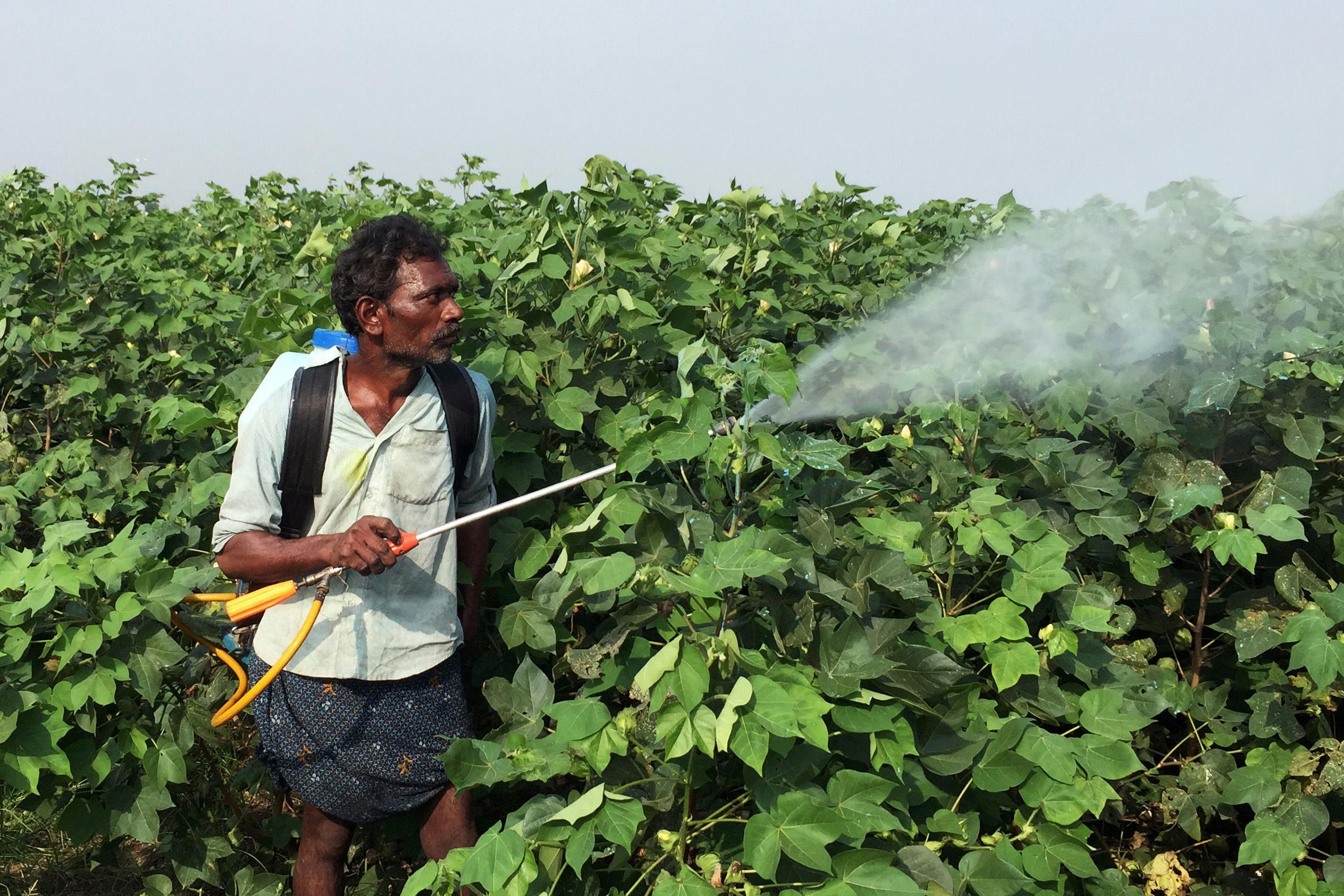Mistrust hampers food industry’s climate ambitions
LONDON (Reuters) – Mistrust of scientists and farmers is slowing adoption of technologies wanted to fight costs rising while feeding a developing world population, senior food industry figures said on Tuesday.

Agriculture is the second-largest sector for greenhouse gas emissions, trailing only energy, nonetheless it needs their public and policymakers to consider into advances in technology, said Philip Miller, senior second in command at Bayer Crop Science USA.
“I will have to do our best on speed in policy formation. Innovations always outpace policy and that we need these technologies now, not in 2050,” Miller said in the International Grains Council’s annual conference.
“I think it is going to require us, for being an entire agri-food chain, to execute a much better job at helping them (men and women) understand the selling point of what we do; helping them comprehend the sustainability of exactly what we do.”
Caroline Rhodes, leader at Australia’s Grain Producers S.A., said the lack of trust was reflected with a South Australian ban at the use of genetically modified crops that was approved to get used in rest of the country.
“Once you look at the concerns of this Australian public and the way it translated into your reaction of the political class, it really stems from a lack of confidence during the science-based regulatory system.”
Jonathan Horrell, Global Director for Sustainability at snack company Mondelez International, said the issue of consumer trust of science was fundamental.
“You may not afford a scenario where science is seen to be acting against the consumer interest,” he stated.
Horrell said a simple yet effective science-based regulatory technique are vital but users of science own an onus to them to show they are simply using it during the interest of shoppers and the world generally speaking.
More data together with the adoption of technologies for example blockchain can help to boost transparency in supply chains, Horrell said, thereby increasing consumers’ confidence as part of their food.

